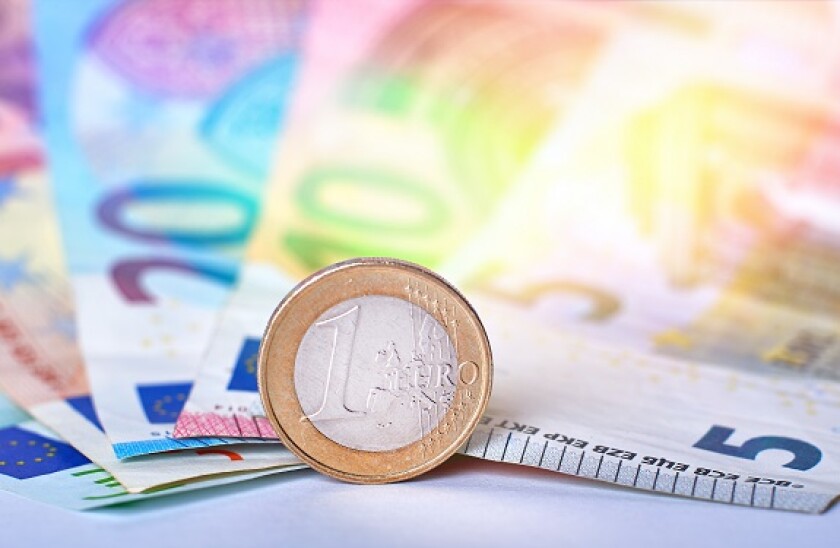Bright Food has sold euro-denominated bonds before, but its past transactions have been issued in gentler markets. The company, eager to raise funds for refinancing, returned to euros last week through its Singapore arm, despite relatively expensive spreads. Chinese issuers were already used to paying about 20bp-30bp more for a euro bond than an equivalent dollar note; secondary prices since Covid-19 now suggest a 50-60bp premium.
The company had two options: accept the bloated spreads, paying up for the certainty of getting a diverse, interesting investor base of European funds and bank treasuries ─ or rely on its bookrunners to swallow a much-tighter deal. Quelle surprise, it chose the latter.
A combination of 17 Chinese and international banks, led the €800m transaction. The borrower spoke with Chinese banks in advance of bookbuilding, finding an attractive yield they would be willing to pay. The result was a 1.75% 2025 trade. That was well inside fair value — a remarkable feat given the market backdrop.
The deal had an impressive mix of international and Chinese names, but bankers close to the deal said the bulk of the demand came from the Chinese banks. Who can blame Bright Food for relying on them to price its deal? The advantage is obvious. But there are some downsides.
Bright Food may have got the funds that it needed for refinancing ─ which, let’s face it, is the most important thing ─ but any diversification value it could have had by tapping an offshore market with different investors was nil. The borrower barely bothered to market its notes to European investors, giving the buyside in Europe little incentive to consider purchasing the rare Chinese euro paper.
The company was able to price the deal without these European investors, so why should it care?
Perhaps it shouldn’t, for now. But the benefit of regular debt issuance is that it increases your approval and name recognition among new investors. Bright Food’s latest deal, by pricing so far away from what European investors would expect, will have made it harder, not easier, to attract them in the future.
There is also a negative for the wider market. Chinese issuers are only going to grow their presence in the euro debt market, particularly if the trade conflict with the US leads to more acquisitions in the eurozone. The latest deal is a step back for the development of a symbiotic relationship between Chinese issuers and European investors. Not all Chinese issuers will have a 17-strong syndicate team behind them.
Does this mean Bright Food made the wrong choice? Certainly not. Markets function by allowing — and even encouraging — each firm and individual to pursue their own self-interest. But theory tells us this pursuit of individual self-interest leads to the collective good. Chinese offshore bonds are a frequent reminder that the real world is not so simple.

